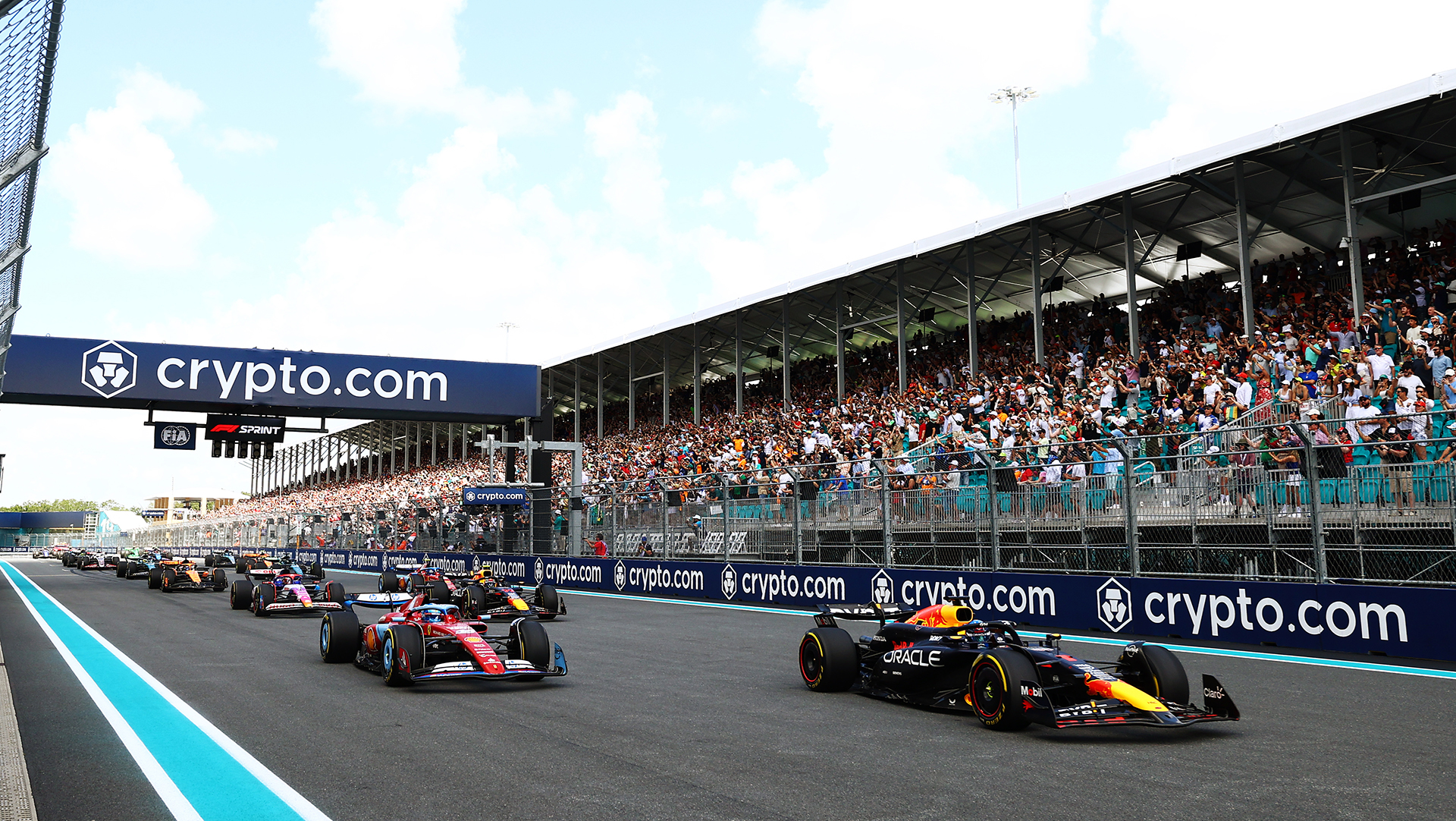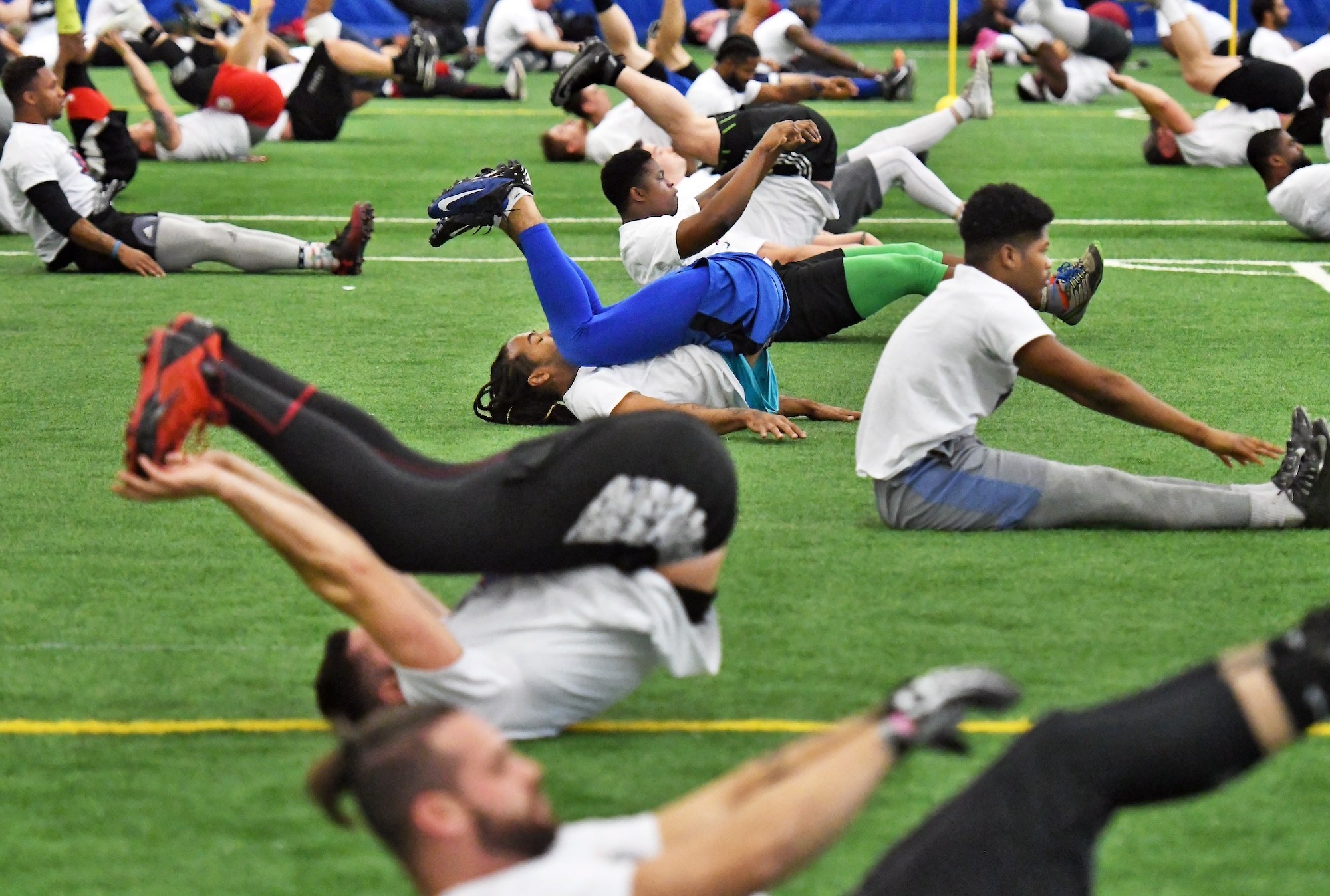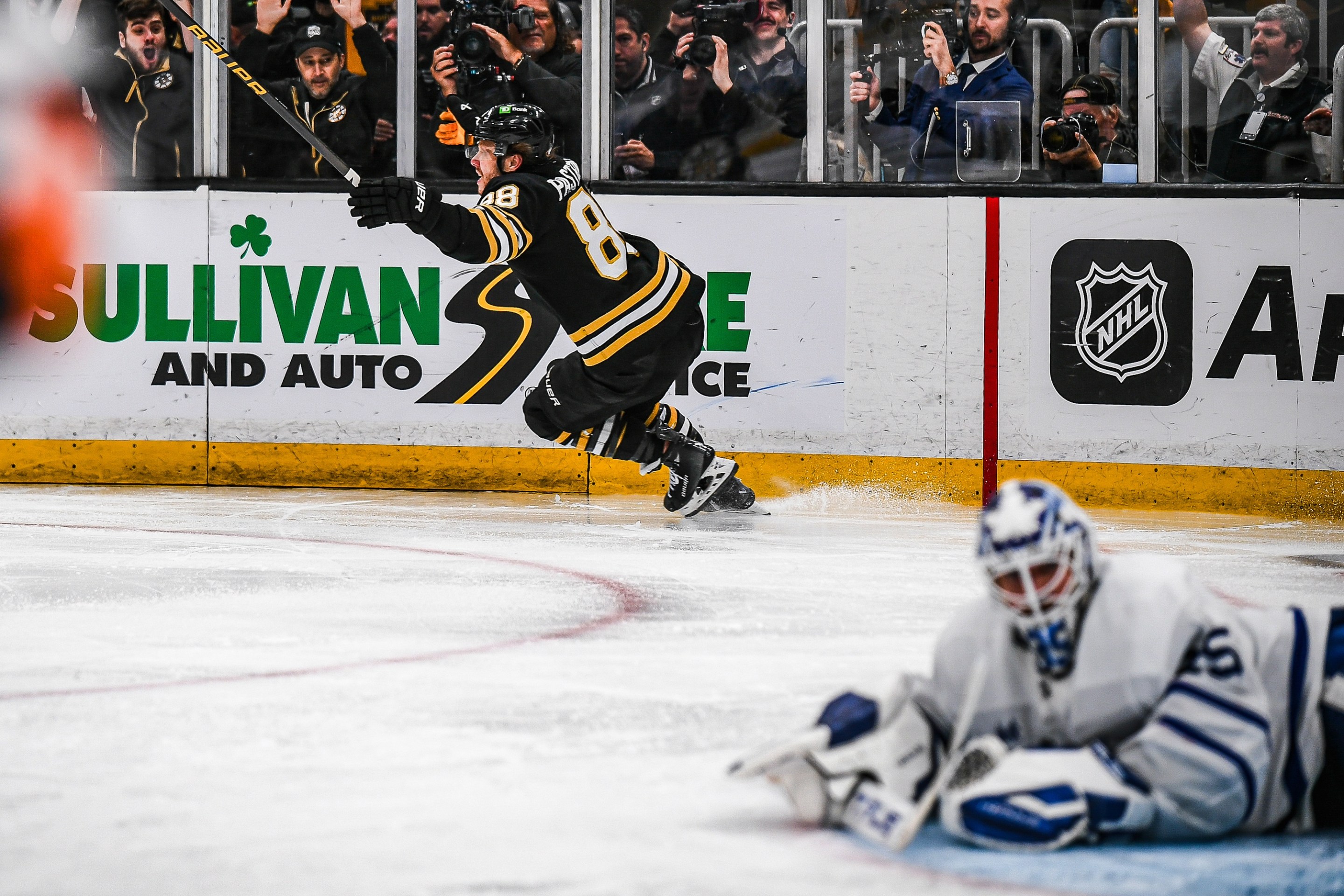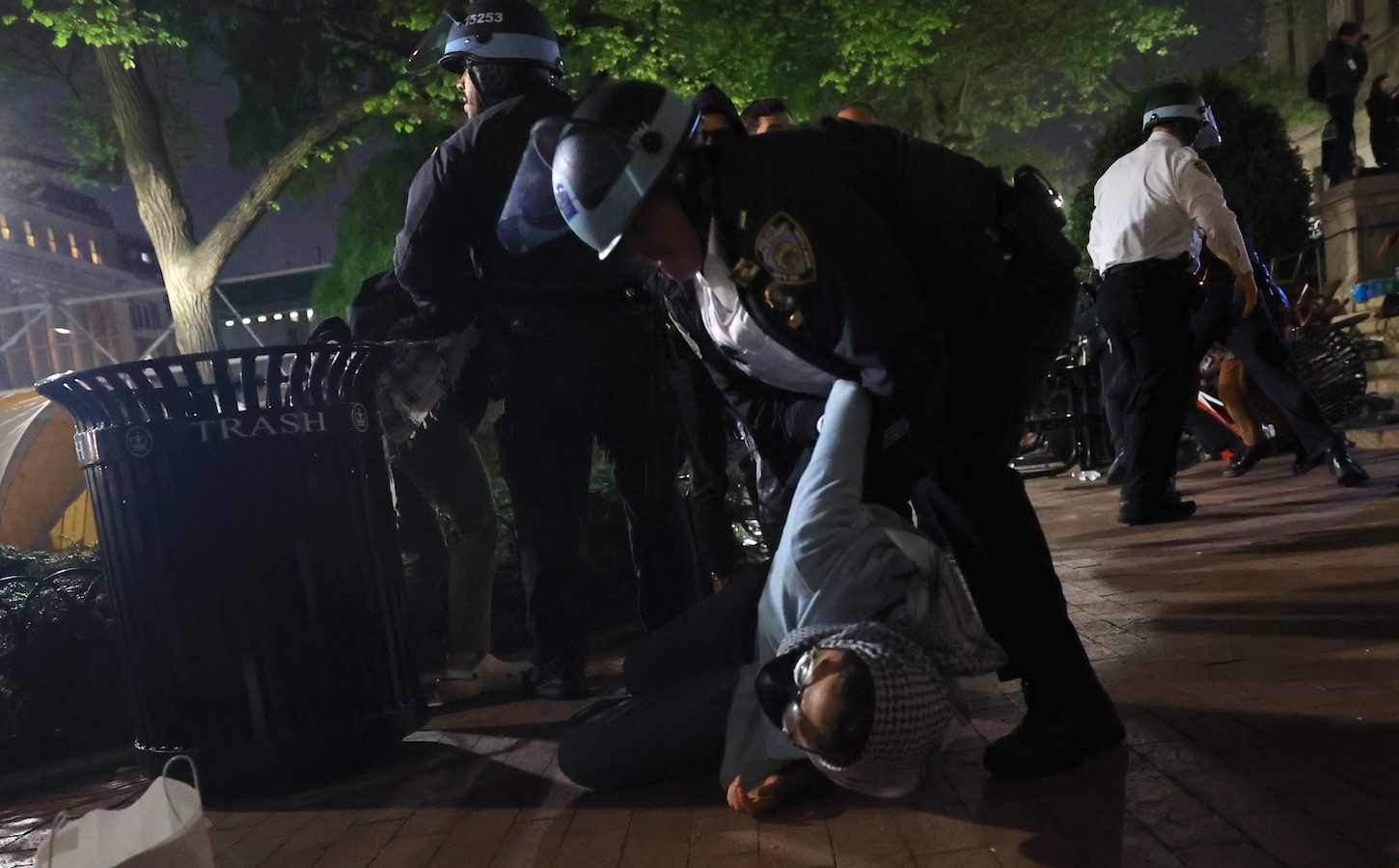Simona Halep Says This Doping Ban Could Be The End Of Her Career
9:00 AM EST on December 18, 2023
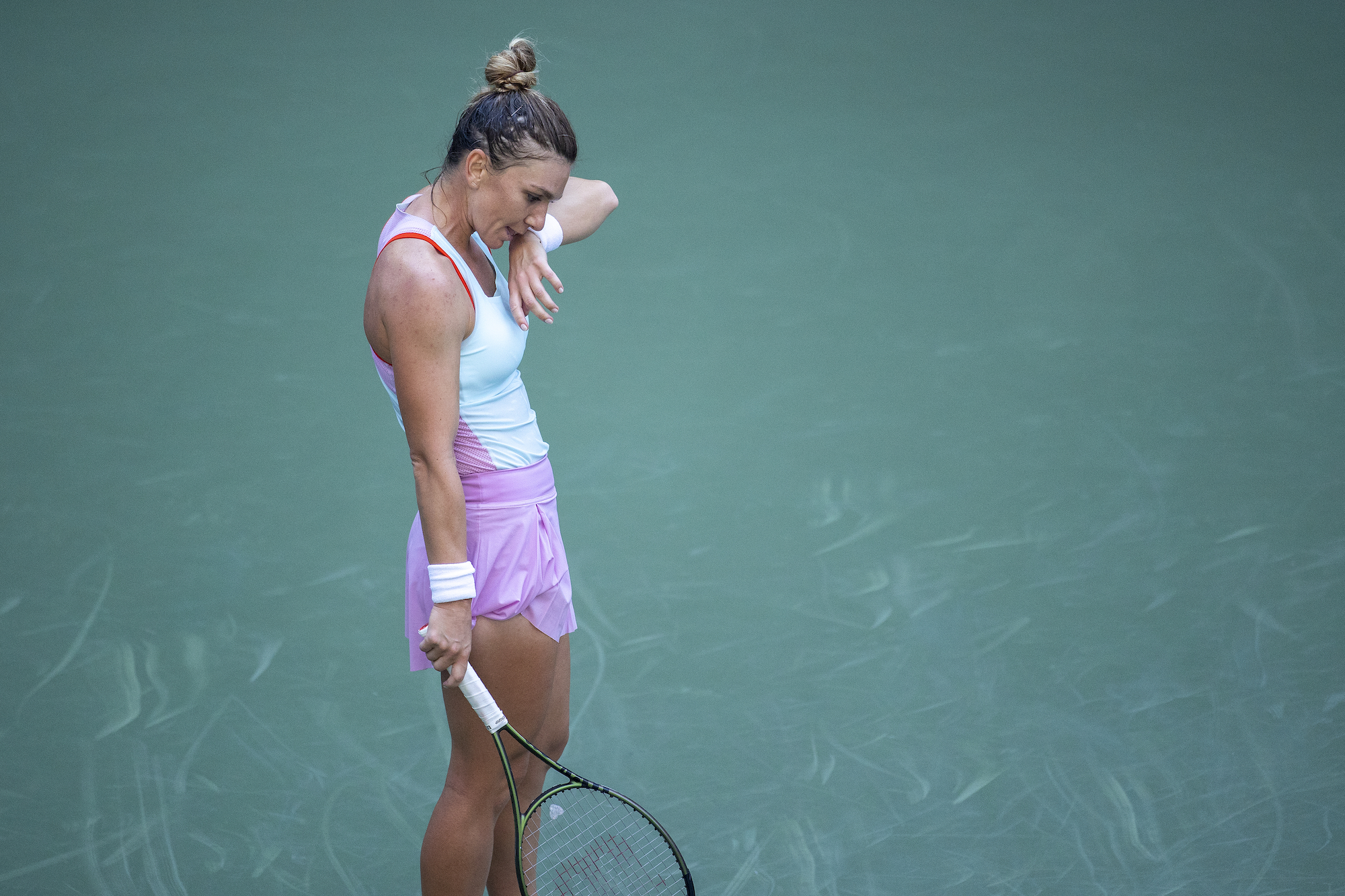
Simona Halep, two-time major champion and former world No. 1, hasn't played a professional tennis match since the 2022 U.S. Open. She entered it as the No. 7 seed, lost in the first round of the tournament, and weeks later, in October 2022, was provisionally suspended from all competition. A drug test conducted during the Open had detected the banned substance roxadustat. Typically used to treat anemia related to chronic kidney failure, roxadustat stimulates the production of hemoglobin and red blood cells; as a doping tool, it's more prevalent among distance runners and cyclists. Halep wrote that she would "fight until the end to prove that I never knowingly took any prohibited substance." Her situation grew more dire in May 2023, when the International Tennis Integrity Agency charged Halep with a second, separate offense. They alleged irregularities in her biological passport, a system where an athlete's blood samples are monitored over a long period of time to establish a baseline and identify deviations that might indicate blood doping.
After the second charge, Halep maintained that she had not intentionally consumed a banned substance, writing that she was "victim of a contamination" and that her name had been "soiled in the worst possible way." The 2023 tennis season passed her by as she awaited a ruling. In September 2023, the International Tennis Integrity Agency announced the results of its tribunal: a four-year ban, ruling Halep out of competition until October 2026, and suggesting the disqualification of her results between March 8 and October 7 of 2022. In its 126-page decision, the ITIA accepted Halep's account that she had consumed a contaminated collagen supplement, but decided that this wasn't sufficient to explain the levels of roxadustat found in the test or her irregularities in the biological passport, concluding that "there was another source." The day the ban was announced, WTA contemporaries like Serena Williams and Eugenie Bouchard took public shots at Halep.
Halep rejected the decision, again attributing the presence of roxadustat to an "accidental exposure" and announcing that she would appeal the decision at the Court of Arbitration for Sport, an independent Switzerland-based body that mediates sports-related disputes.
Patrick Mouratoglou, who became Halep's full-time coach in April 2022 and was working with her at the time of her initial suspension, posted a video last month accepting responsibility for the tainted supplement. "This collagen happened to be contaminated. There was no way to know it," he said in the video. "But I feel responsible for what happened because it’s my team—so me, basically—who brought her this collagen." (After Halep's suspension, Mouratoglou went on to coach a rising star on the men's tour, Holger Rune, for a nine-month stint before splitting this past September.) The coach said he was "very confident" his former charge's appeal would be successful.
Tennis hasn't seen a ban this high-profile since 2016, when Maria Sharapova was barred for two years (later reduced to 15 months on appeal) after doping tests detected the banned substance meldonium. Halep's hearing at the Court of Arbitration for Sport has been scheduled for February 2024. In an interview with Euronews published last Friday, Halep discussed the impending appeal, objected to the duration of this process, and looked ahead to a hypothetical future in tennis. "My trust is broken a little bit right now," she said, wondering if she'd ever be able to believe again in the judgment of a coaching team. She confirmed that she had ended her relationship with Mouratoglou's academy and said it had been a few months since they last spoke. "I wish he could have done that a little bit earlier," she said of his public statement taking responsibility for the supplement.
Asked if a failed appeal would effectively end her career, Halep, who would turn 36 before the ban is lifted, said, "Probably, it's going to be the end of my career, yes." She hoped to be cleared to compete at the Paris Olympics in 2024, which will be held on the courts at Roland-Garros, where she won her first major. "I know there are not big chances for this," Halep said, "but I'm dreaming of this because Paris is my dream city."
If you liked this blog, please share it! Your referrals help Defector reach new readers, and those new readers always get a few free blogs before encountering our paywall.
Staff Writer
Read More:
Stay in touch
Sign up for our free newsletter
